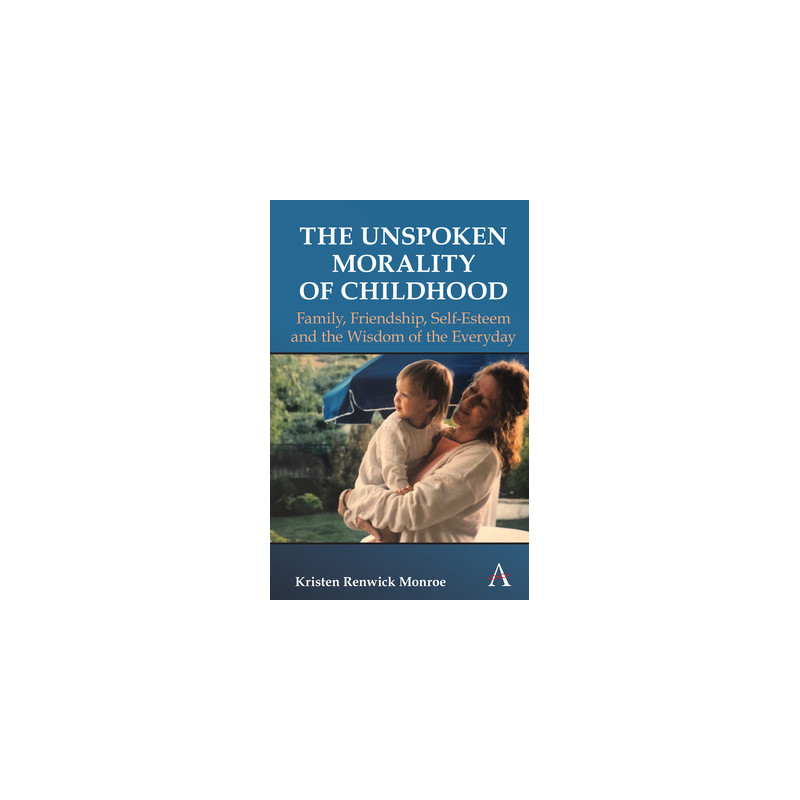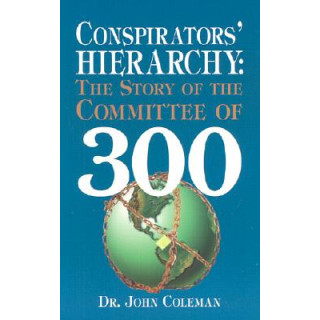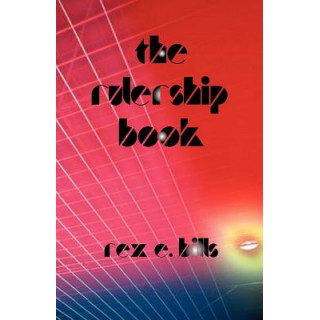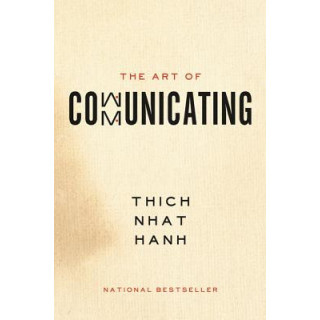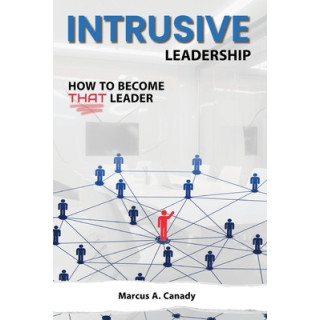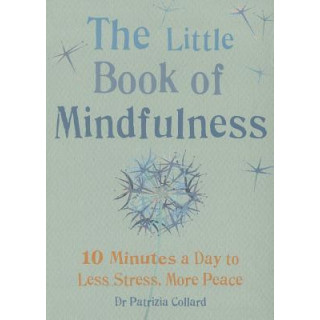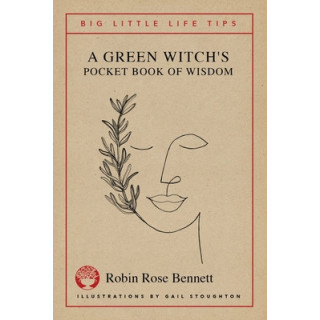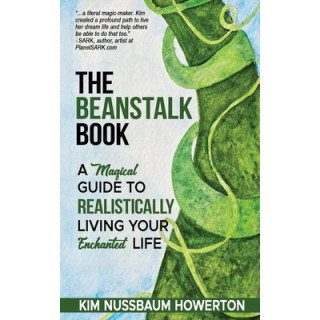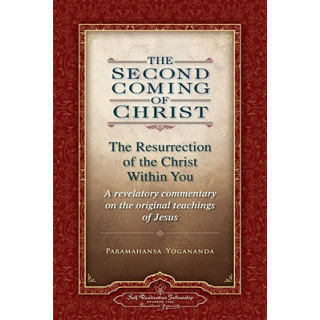- Szybka dostawa już od 9.83zł
- 14 dni na łatwy zwrot
- Bezpieczne zakupy
- Odroczone płatności. Kup teraz, zapłać za 30 dni, jeżeli nie zwrócisz
Indeks ANTM059822029
The Unspoken Morality of Childhood: Family, Friendship, Self-Esteem and the Wisdom of the Everyday reflects the thoughts of a senior ethicist. Each essay begins with a homey essay about the kind of everyday event that happens to everyone and then proceeds to discuss the ethical issues raised by such an event. The manuscript is interdisciplinary, located at the intersection of ethics, political psychology, moral psychology, philosophy, and political science/political theory. It uses stories to teach ethics and falls in the virtue ethics approach to ethics, making it perfect as a supplementary text for introductory courses to philosophy, moral psychology and political theory.
The manuscript discusses complex ethical concepts such as identity, agency, self-esteem, forgiveness, relations with our parents, dealing with loss, the moral imagination, and a wide range of other issues that people confront every day.
One of the essays, "Walnut", tells a story about the author's visiting her grandparents in a small, Midwestern town. This is turned into a discussion of the need for roots, how children formulate their sense of self, and how politicians like Donald Trump can turn the love of family and nostalgia for the past into a vicious tool in politics in which clever politicians exploit fears of foreigners and people who are "not like us." Another essay describes a tired mother reading a piece of science fiction late at night, given to her by one of her children. A story by Olivia Butler asks why a black woman should be interested in science fiction and shows the value of the moral imagination, as science fiction reveals how those who can imagine alternate realities can then alert us to new possibilities, and better worlds. As Robert Kennedy was wont to ask: Some see the world as it is, and ask why. I imagine the world as it could be, and ask why not? The essay uses this prompt to discuss the importance of the moral imagination and the ability some have to conceptualize their way out of a dilemma that can plague others.
| Binding | Twarda |
|---|---|
| Pages | 192 |
| Author (ID) | 11965813 |
| Publish Year | 2022 |
| BISAC Category (1) | General |
| BISAC Category (2) | Ethics & Moral Philosophy |
| BISAC Category (3) | General |
| Author | Monroe |
Zobacz również
Poprzedni
Następny
Ostatnio oglądane
×
Gwarancja niskiej ceny!
W tym sklepie opłaca się kupować i dostajesz na to gwarancję. Nasz robot codziennie zbiera informacje o konkurencyjnych cenach w internecie i dostosowuje ofertę.
| Sklep | Cena | Drożej o |
|---|

